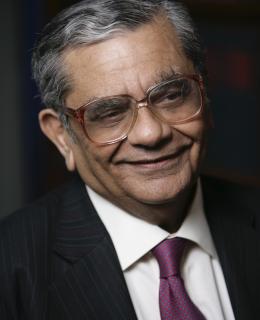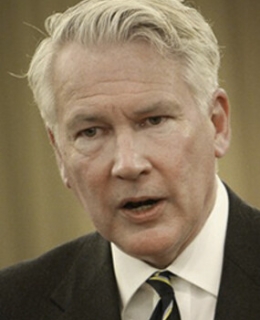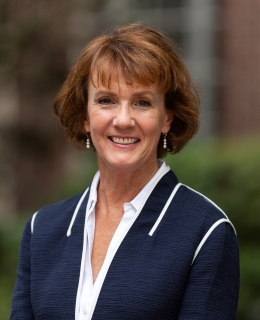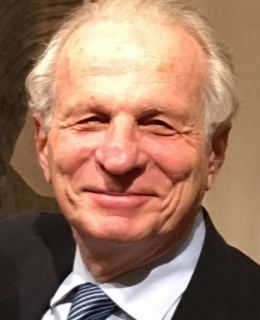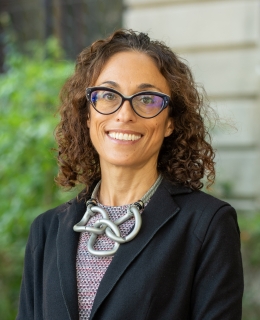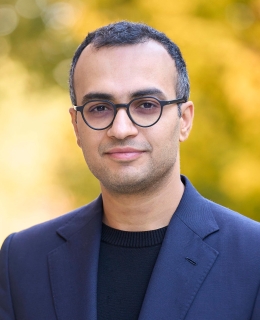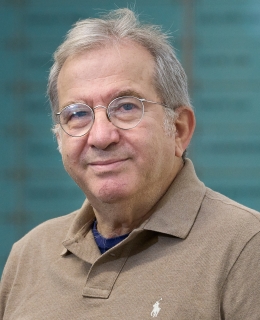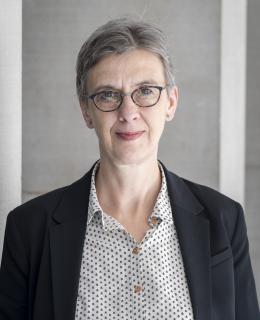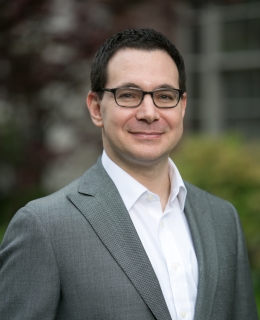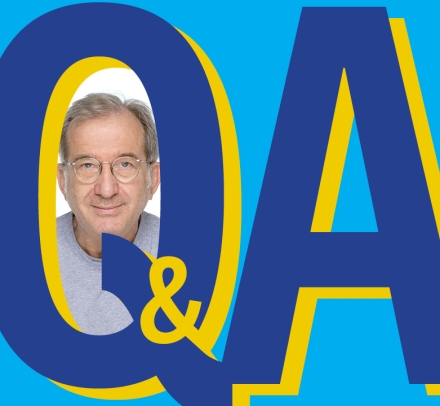To work as a lawyer in a multinational arena—whether in trade, technology, finance, or the protection of human rights—requires an in-depth understanding of distinct legal systems and cultures, including their individual characteristics and how they work in concert with, or opposition to, each other.
How do nations define and influence international relations, global commerce, and fundamental human rights?
Columbia Law pioneered the study of international legal systems and offers unrivaled breadth and depth in the field. Today, the Law School remains at the forefront of scholarship and policy on issues of global human rights advocacy, international corporate and antitrust law, economic migration, and global governance. Regionally focused centers and programs host leading thinkers, scholars, and activists; take on pressing policy issues; and enable students to collaborate with faculty on groundbreaking research. Three centers focused on law in Asia offer extraordinary expertise and resources. Further, Columbia faculty helped develop international institutions—including the United Nations after World War II—and create the modern legal framework for global human rights law.
Why Columbia?
Take advantage of distinguished centers and institutes: The Law School is the only institution of its kind with three centers focused on Asian law: the Hong Yen Chang Center for Chinese Legal Studies, the Center for Japanese Legal Studies, and the Center for Korean Legal Studies. The European Legal Studies Center hosts visiting scholars and offers internships at international legal institutions. The Human Rights Institute is one of the oldest and largest law school human rights centers in the world, and with the Smith Family Human Rights Clinic, provides training in international advocacy and matches students with mentors experienced in global human rights work.
Gain experience through externships at the United Nations and simulations in international law and in dispute resolution and diplomacy.
Enroll in double-degree programs with universities in Europe, 15 study abroad programs in 11 countries, and cross-disciplinary course offerings through Columbia’s School of International and Public Affairs.
Participate in the Comparative & International Law Workshop and international moot court competitions for first-year students.
Apply for post-graduate fellowship opportunities at the European Court of Justice and the International Court of Justice.



